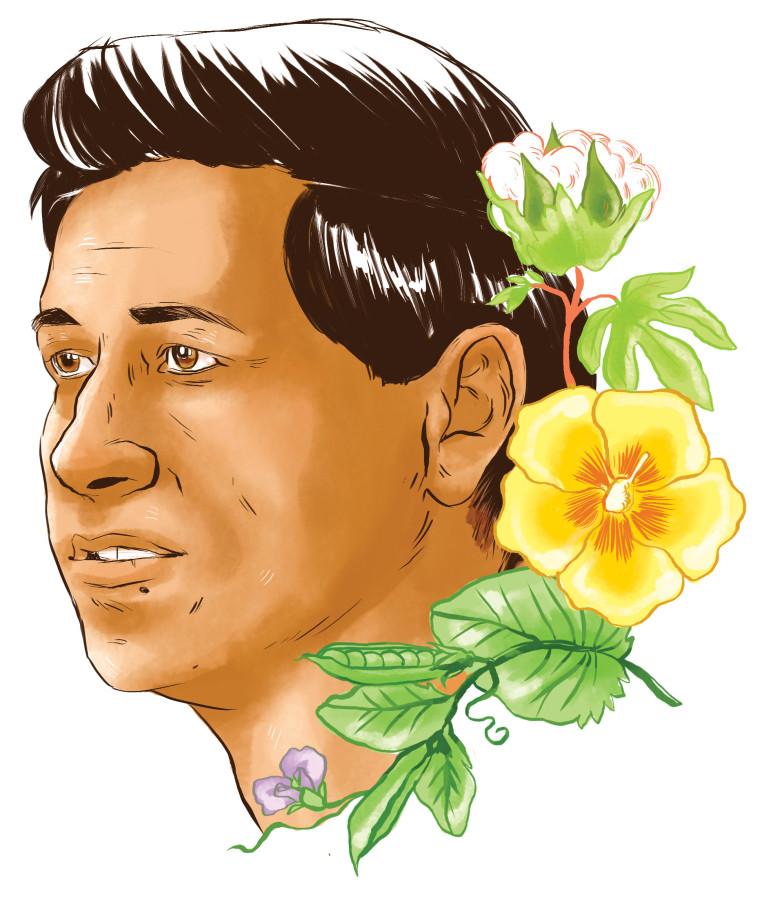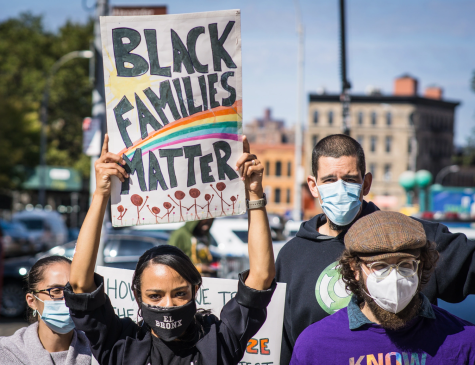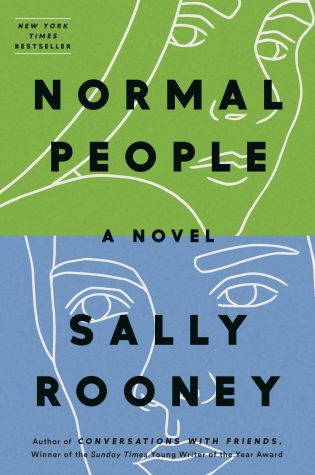A day for Chavez, a lifetime for me
April 1, 2015
For many people, Cesar Chavez day is exactly that, just another day.
However, for my family and I, March 31 is a day that is cherished just like Thanksgiving, Fourth of July, or even Christmas. This is a day to celebrate the life and legacy of a man who blazed the trail for the rights of farm workers in America, specifically the West Coast.
Chavez rose to iconic status from the late 60s through early 90s as an organizer and social justice advocate. Some of the farm workers who followed him and worked alongside him were United States citizens, but the majority of them were not. Many were Mexican immigrants who worked on farms but had no rights and faced unsafe, unfair work conditions: little or no water, extreme heat conditions with rare breaks, and threats to be turned in to immigration or law enforcement officials.
Chavez, like me, was born here in the United States and he proudly wore the Mexican American badge everywhere he went. After he got a job with the Community Service Organization in 1952, Chavez began to deal directly with Latino and Hispanic communities. His goal was to increase voter turnout and educate these communities about their rights as citizens, both legal and illegal.
Once the CSO rejected his offer to start a union for farm workers in 1962, Chavez quit his job and moved to Delano with his family to start the National Farm Workers Association. Chavez related to the struggles of farm workers: a primarily Mexican, Latino, and Hispanic workforce that included members of his own family. He became one at the age of 13 when he dropped out of the seventh grade so his mother could retire from the same profession. He knew the cruel and illegal work conditions well, and that is where his passion to develop a union for these workers began.
This is something my family and I are forever grateful to this man for. Too many of my older Mexican family members to count worked in fields in the Central Valley and endured some brutal work conditions. As a child my grandfather picked fruits and vegetables in the Salinas Valley area during the 1940’s and he knew firsthand how brutal the conditions were when he lost the tip of his ring finger to an equipment accident.
Chavez fought peacefully to achieve rights and a union for farmworkers through techniques he learned from Dr. Martin Luther King Jr. and Mahatma Gandhi. Chavez frequently used boycotts and hunger strikes to draw attention to the requests and issues of farm workers. Chavez fought for farm worker rights up until the day he died on April 22, 1993 while participating in a hunger strike.
His passion and drive to help this profession made it better for my family who worked in fields during the decades after his union’s infancy in 1966 when the American Federation of Labor and Congress of Industrial Organizations (AFL-CIO) as it is known today was formed.
Chavez helped make the fields safer for my family to work in which helped give me a better life and for that I am thankful beyond words. While many people don’t acknowledge this day, for me, this is a day to celebrate a man who helped me flourish as a Mexican American in the United States.
So don’t treat this like any other day, celebrate the life of a man who helped change the world for the better.

















